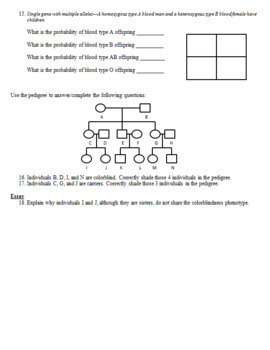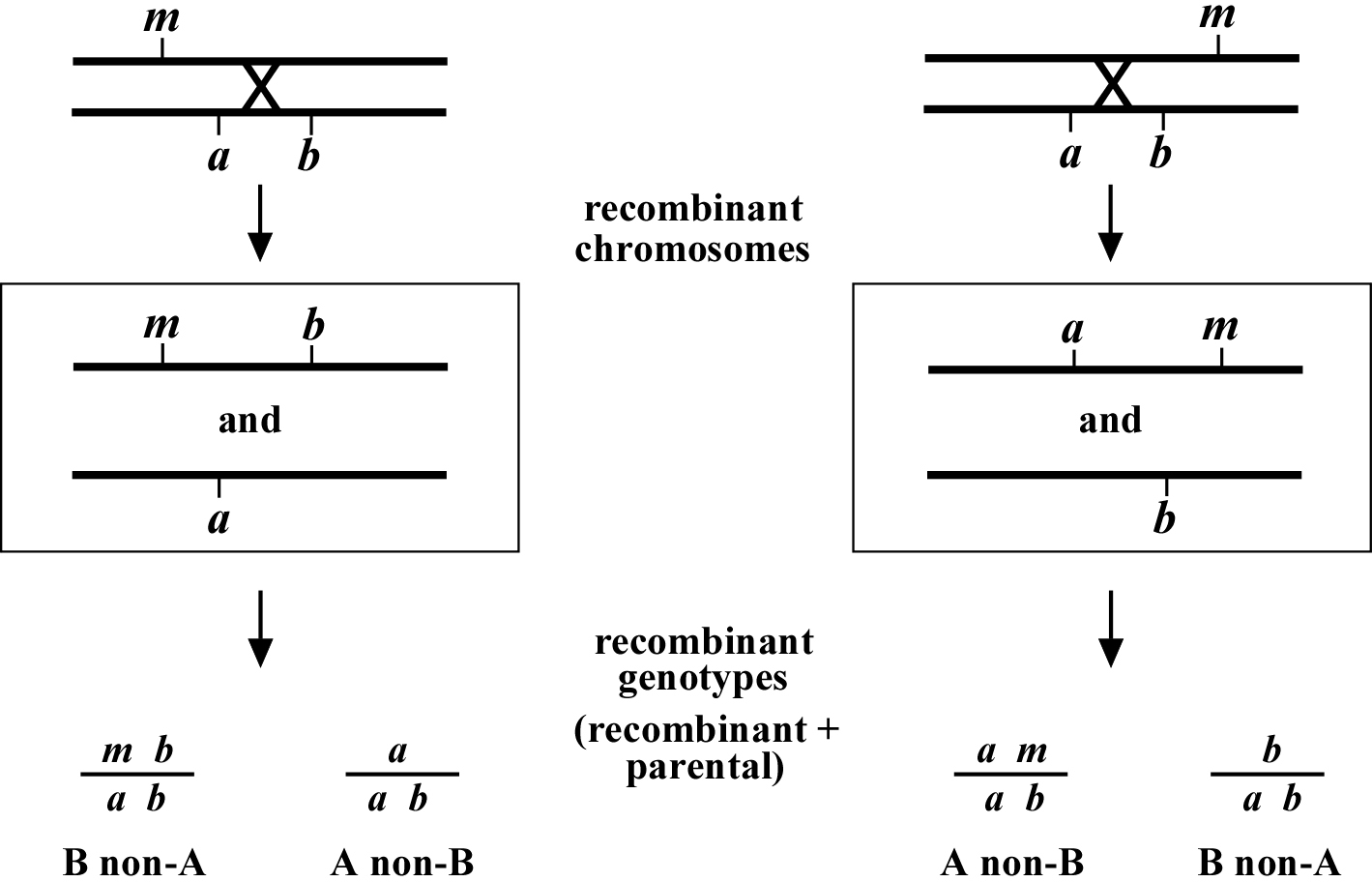
He emphasizes that genetic differentiation alone is insufficient to define a subspecies or race under either of these definitions as both require that genetic differentiation exists across sharp boundaries and not as gradual changes.Īs a taxonomic term, race defines an informal subdivision of subspecies which are physically and genetically different. While the terms genetic ‘race’ and biological ‘race’ have been used interchangeably, Templeton defines biological race as (i) geographically defined populations within a species that have sharp boundaries that separate them from other species or as (ii) distinct evolutionary lineages within a species characterized by a continuous line of descent.

Genetic ‘race’ has been viewed as a result of human migration with genetic isolation leading to the development of distinct populations that share DNA as the result of common descent. Definitions of these latter terms vary widely. Herein, race without notations is used to denote its use as a social construct, while ‘race’ denotes its use as a biological or genetic entity. Biologists and geneticists have historically been divided as to whether ‘race’ also defines distinct biological and genetic categories.

The concept and significance of race varies around the world with the USA first creating and assigning value to racial categories to justify slavery. Social scientists have long understood race to be a social construct used in its most benign form to categorize groups of people according to a small group of phenotypes and cultural differences and in its most insidious form to assign value to a social hierarchy. The concept of continuous genetic variation was not clearly articulated in any of these papers, presumably due to the paucity of evolutionary science in the college and medical school curricula.Īfrican ancestry, African American, black, clinical trials, genetic variation, evolutionary biology INTRODUCTION However, none of these studies provided a genetic explanation for the use of the self-identified race as a genetic category and only seven proffered evolutionary explanations of their data. Of these, we identified 74 studies in which self-reported race alone or in combination with admixture mapping was used to define the study population. We searched for papers that included the terms ‘African’, ‘African American’ or ‘Black’ in studies of behavior (20 papers), physiological responses, the pharmacokinetics of drugs and/or disease associations (62 papers), and as a genetic category in studies, including the examination of genotypes associated with life stress, pain, stuttering and drug clearance (126 papers). A systematic review of the PubMed medical literature published since 2003 was conducted to assess the use of African ancestry to denote study populations in genetic studies categorized as clinical trials, to examine the stated rationale for its use and to assess the use of evolutionary principles to explain human genetic diversity.

The completion of the Human Genome Project in 2003 confirmed humans are 99.9% identical at the DNA level and there is no genetic basis for race. Social scientists have long understood race to be a social category invented to justify slavery and evolutionary biologists know the socially constructed racial categories do not align with our biological understanding of genetic variation.


 0 kommentar(er)
0 kommentar(er)
